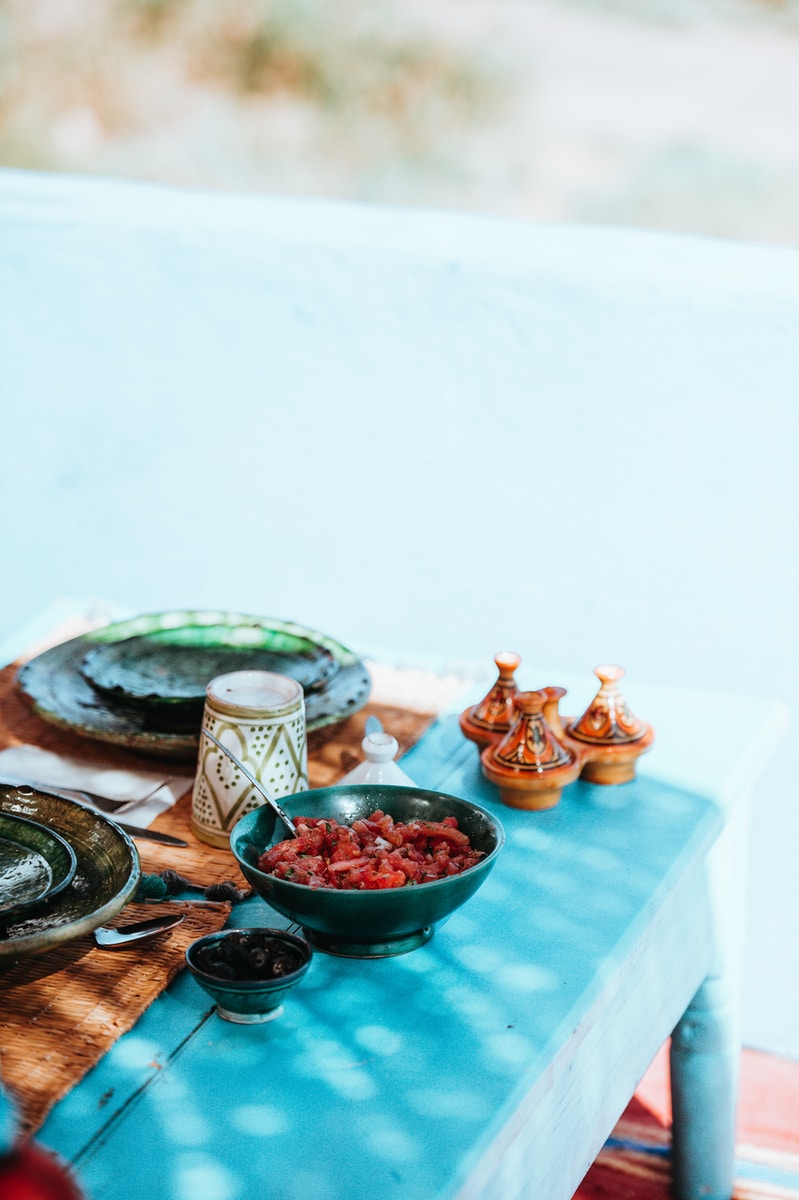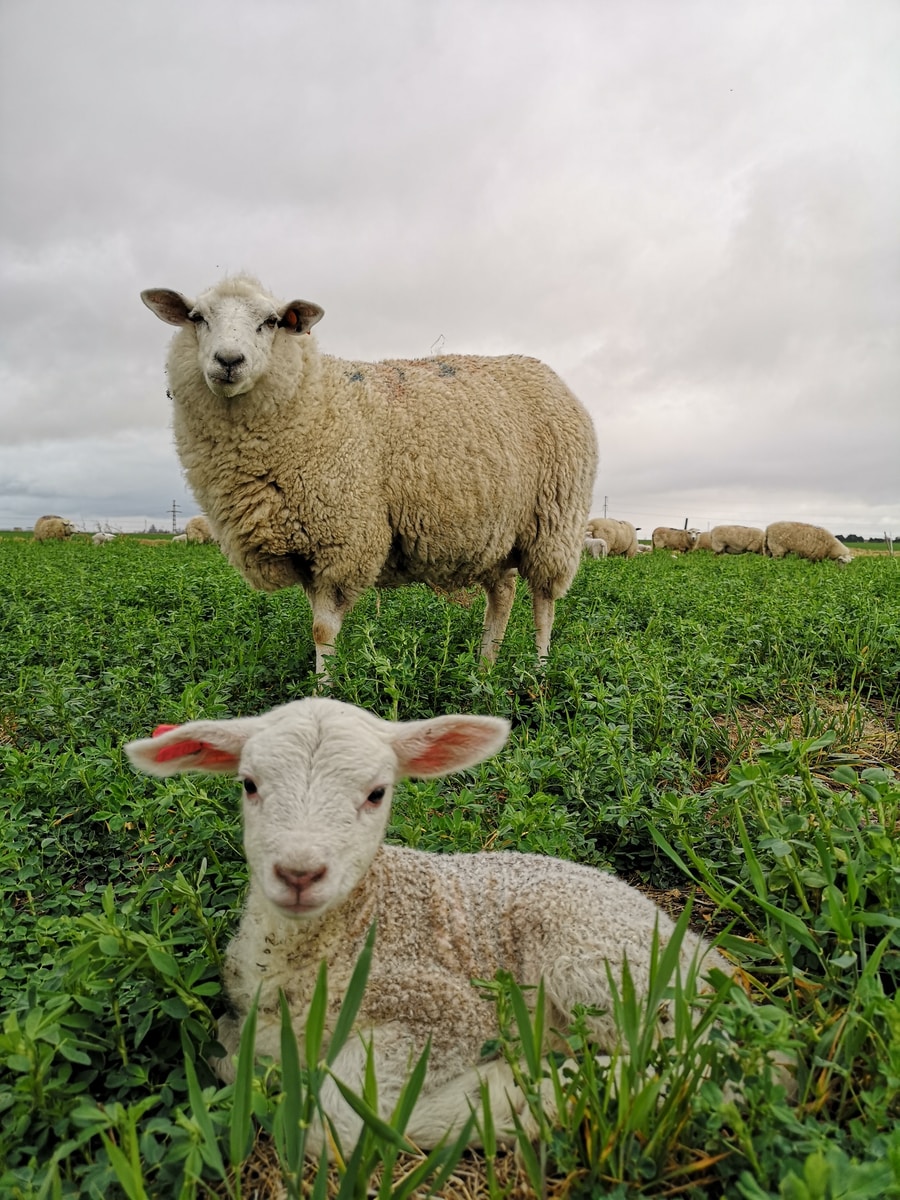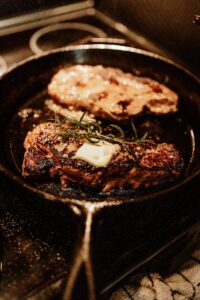The purpose of this blog post is to assist non-Muslims to come to a better understanding of the term ‘Halal’ and its importance to Muslims. With the growth of Islam in the non-Islamic world, there is a need to better understand the people, their religion and terms used to describe the many services, needs, and practices.
Islam is not only a religion it is a way of life with protocols, rules and manners governing every facet of life. Since food is an important part of daily life, food laws carry a special significance. Muslims are expected to eat for survival, maintain good health, and not live for eating. In Islam, eating is considered to be a matter of worship of God like prayer, fasting, alms-giving and other religious activities.
One Islam Many Muslims
Though Islam is a single religion, it is important to recognise that Muslim people are not a single homogenous group. There are approximately 1.9 billion yes a billion with a B people that adhere to the Islamic scripture. Muslims believe in one God. Allah is the Arabic word for God, and Muslims believe in all of his Prophets including Jesus, Moses, Abraham and others including Muhammad, peace be upon them. Halal is a term designating any object or an action that is permissible to use or engage in, according to Islamic law. It is the opposite of haraam.
In the western world, it is often used to only designate food seen as permissible according to Islamic law.
What is Halal? (حلال)
Halal is an Arabic word meaning lawful or permitted. In reference to food, it is the dietary standard, as prescribed in the Qur’an (the Muslim scripture). The opposite of halal is haram, which means unlawful or prohibited. Although it is often used in reference to food, it can also refer to other unlawful acts in Islam such as stealing, corruption, etc. Halal and haram are universal terms that apply to all facets of life. While many things are clearly halal or haram, some things are not clear. Further information is needed to categorise them as halal or haram. Such items are often referred to as Mashbooh, which means doubtful or questionable.
Food
In general, every food is considered Halal in Islam unless it is especially prohibited by the Qur’an or the Hadith. By official definition, Halal foods are those that are (Translated):
- Free from any component that Muslims are prohibited from consuming according to Islamic law (Shariah).
- Processed, made, produced, manufactured and/or stored using utensils, equipment and/or machinery that have been cleansed according to Islamic law.
Muslims eat to maintain a strong and healthy physique in order to be able to contribute their knowledge and effort for the welfare of society. Muslims are supposed to make an effort to obtain the best quality nutritionally. In cases of necessity, prohibited things may become permissible (halal) for the duration of the emergency or need, as Islam puts a priority on life over death. Refer to Qur’an at Chapter 2:173 (Al Baqarah).

Life is Sacred
Islam places great emphasis on the way in which an animal’s life ends, which has to be in accordance with Islamic regulations. Life is a sacred blessing of God to creation, animals, and humans. If the life of an animal has to be ended for human survival, then its life should only be taken in the name of God. Hence, the phrase bismillah (‘in the name of God’) must be uttered just before slaughtering an animal. Muslims cannot consume the meat of animals that are sacrificed in a name other than God. Any animal slaughtered in the name of a person alive or dead, any deity or idol will be considered as haram and therefore it is not permissible for Muslims to consume that meat.
Islamic Slaughter
Muslims are only allowed to eat meat that has been prepared according to Islamic law. This method is often challenged by animal rights activists as ‘causing unnecessary suffering to the animal’. Muslims disagree and say that Islamic law on killing animals is designed to reduce the pain and distress that the animal suffers. These rules state:
- The slaughterer must be a sane adult Muslim.
- The slaughterer must say the name of God before making the cut. The name of God is said in order to emphasise the sanctity of life and that the animal is being killed for food with God’s consent.
- The animal must be killed by cutting the throat with one continuous motion of a sharp knife.
- The cut must sever at least three of the trachea, oesophagus, and the two blood vessels on either side of the throat.
- The spinal cord must not be cut.
- Animals must be well treated before being killed.
- Animals must not see other animals being killed.
- The knife must not be sharpened in the animal’s presence.
- The knife blade must be free of blemishes that might tear the wound.
- The animal must not be in an uncomfortable position.
- The animal must be allowed to bleed out and be completely dead before further processing.
Some experts say that the animal killed in this way does not suffer if the cut is made quickly and cleanly because it loses consciousness before the brain can perceive any pain: “the Islamic way of slaughtering is the most humane method of slaughter and that captive bolt stunning, practiced in the West, causes 3 severe pain to the animal” Schulze W, Schultze-Petzold H, Hazem AS, Gross R.
The argument that halal slaughter is inhumane because animals are allowed to bleed to death is scientifically untrue. An animal’s throat is cut in one swift motion with a razor-sharp knife. Unconsciousness is achieved within seconds and death occurs due to cerebral hypoxia, not blood loss.

Frequently Asked Questions
Kosher food complies with Jewish dietary law (kashrut), again governing what can and cannot be eaten by those practising the faith. There are similarities in the method of slaughter in that both require the use of a surgically sharp knife and specially-trained slaughtermen. Jewish law strictly forbids the use of stunning and meats are not blessed in the same way. Unlike halal, kashrut does not require God’s name to be said before every slaughter after an initial blessing.
Kashrut forbids the consumption of certain parts of the carcass, including the sciatic nerve and particular fats. Halal also forbids the consumption of some carcass parts including the testicles and bladder.
In some cases, these terms are used by restaurants to indicate that the food is suitable for Muslims to consume. However, these terms do not convey the level of assurance Muslims require. The food has to be either Halal (permissible for consumption) or not Haram (not permissible for consumption). No other terms should be used such as “permissible” or “friendly”.
Mashbooh is an Arabic word that means suspicious or doubtful. If the Halal or Haram status of a food item cannot be determined, then it is Mashbooh.
The Islamic method of slaughtering an animal. Muslims consider this to be the most humane and purest way to slaughter an animal for consumption.
The literal translation of Tayyib is good/clean/wholesome. It is commonly used by Muslims to refer to food, but often that of a higher quality or purity, such as organic or even simply healthy food. It also encompasses universal concerns such as being natural, environment-friendly, eco-ethical, non-cruelty to animals, socially responsible and reducing over-consumption. Thus, food can be Halal (made of permissible ingredients) but not Tayyib.


